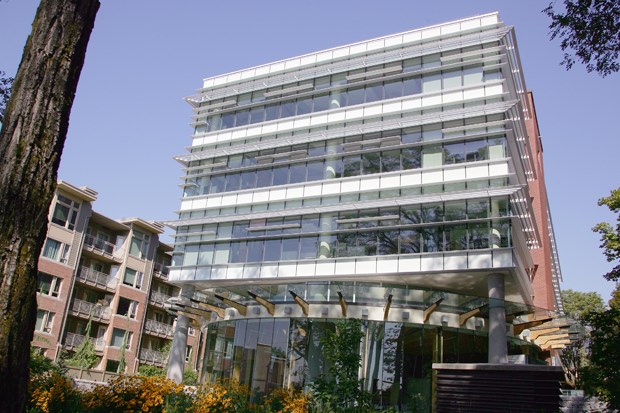While many school districts are faced with deficits and having to make hard choices to balance their books next year, the North Vancouver School District expects its budget to come in squarely in the black.
Preliminary budget figures are projecting a $ 2.6-million surplus for the 2014/2015 school year based on an overall operating budget of between $ 139 million and $ 140 million, said superintendent John Lewis.
That's largely a result of a forecasted $ 4.9-million surplus that will be left at the end of the current school year.
"We're pleased with the position we're in," said Lewis, noting some of that surplus is the result of belttightening in previous years.
"It's careful financial management," he said.
"Everyone contributes to that."
Lewis said the surplus from this year will be used to maintain staff levels next year and pay for increased costs like the approximately $ 700,000 in provincially negotiated CUPE wage increases, and Hydro rate hikes.
The school district has managed to keep a lid on staff costs by not filling some vacancies in management and other non-union positions, said Lewis.
Last year, the school district laid off eight union support staff and 13 more casual staff at the North Vancouver Outdoor School near Squamish, and turned over management of the site to a private company in a bid to cut down on the $ 500,000 being lost by the program each year. Lewis said progress has been made on that front - revenues are up and the outdoor school will only lose about $ 150,000 this year. The school district wants the program to break even by the end of the next school year.
Another belt-tightening measure made last year was the move to axe the 25-year-old continuing education program, a noncore offering that provided English language course for adults and cost the school district about $ 200,000 a year.
One area still being examined in budget deliberations this year is the district's summer school, which also operates at a loss, partly because of low funding from the province and a historical arrangement to pay summer school teachers under terms of the collective agreement rather than on contract. Summer school for elementary grades is most likely to come under the microscope, said Lewis, because high-school classes generate more revenue through international student fees. Many of the elementary-grade summer school classes are also offered by other agencies in the community, he added.
The band and strings program is not being considered for cuts as it is very close to breaking even.
Parents pay an annual $ 425 fee for that program.
Lewis said there's no provision in next year's budget for increases to teachers' wages. The school district expects the province to fund any negotiated increases for teachers, he said.
He added that isn't the case for any salary increases for management and other non-union staff, which will be a challenge in the future.
The rosy financial outlook is not expected to last indefinitely, though.
Unless the school district manages to squirrel away more money, increase revenue or cut costs, it is forecasting a potential deficit of just under $ 1 million by the 2015/2016 school year.



